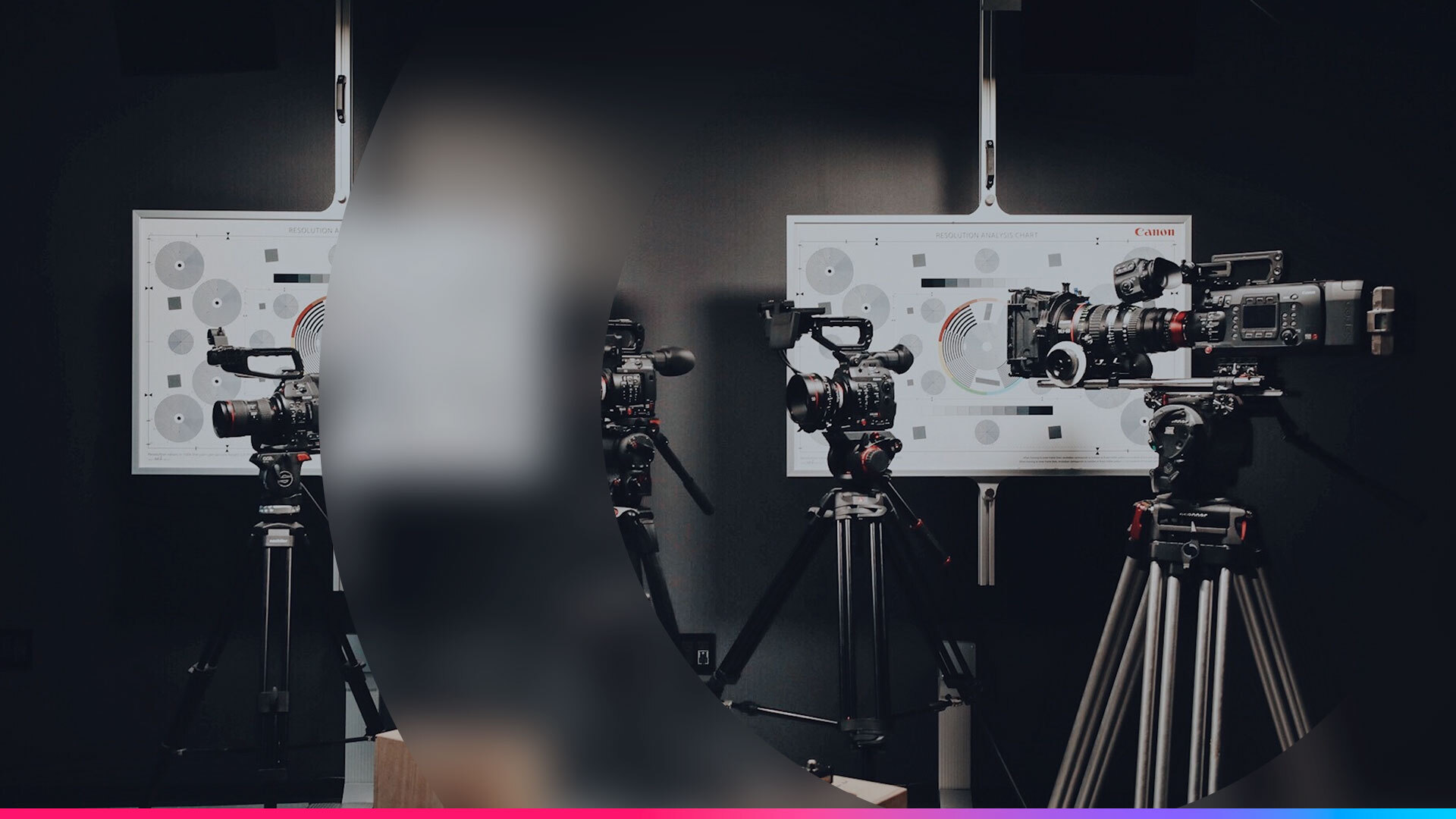
How to do an equipment audit
What is it, what's the value, what are the 4 types of equipment auditing, and what's THE PRO TIP to get started. Find all the answers in this blog!
What is equipment auditing
If your equipment room houses more than 50 items, is used by ten or more people, or accommodates multiple shifts, regular auditing of your equipment isn’t something you can simply skip. Unless you want to get fired. Just kidding! (But not really.)
Film equipment auditing is the systematic process of tracking, managing, and assessing your gear inventory. This includes everything - literally everything - you’re storing in your gear cage. From cameras, lenses, and lighting equipment to sound gear, props, and all the in-between. The primary goal of equipment auditing is to ensure efficient use, maintenance, and organization of valuable assets throughout the production process.
For a deeper dive into the definition of inventory auditing, check out our glossary page.

The value of equipment auditing
You don’t have to tackle it all at once…divide and conquer. Regular equipment audits facilitate The Perfect Equipment Room Workflow: all necessary gear for the next project is readily available, the location of each item is known, everything is in excellent condition, and rental needs and timelines are clear. All with the ultimate goal in sight: allowing your creative team to focus on their best work without additional stress.
Four types of gear audits
Do you operate across multiple locations? Do you have a large production team? Do you own a variety of items? Is your turnover high? Your auditing strategy will depend on your organization's structure. Here are four types of gear audits:
1. Good: location-based gear audit
Your basic audit approach should be to take stock of everything you have in one location. This can get pretty intense, especially if you’re frequently auditing, dealing with serial numbers and spreadsheets, or managing a wide variety of equipment.
2. Better: category-based gear audit
Rather than attempting to audit everything on-site at once, divide your audit by categories of items that are grouped together on your shelves, such as monitors, lenses, and batteries. Proceed by rotating through each category continuously.
3. Self-service: kit-based gear audit
Organize your equipment room by grouping items into kits (cameras, lenses, monitors, batteries, cable A, cable B, etc.). Regularly rotate through each kit or have the users of each kit perform these mini audits themselves.
4. Proactive: checkout-based gear audit
Why not conduct an audit before returning the equipment used for a project? Start every project with a list of items and review it before returning the equipment. A great way to avoid unpleasant surprises.

Asset labeling: a quick path to hassle-free equipment audits
Tagging your equipment and using a USB or Bluetooth scanner or mobile app is a game-changer for smooth and simple audits, hiccup-free workflows, and epic efficiency.
But wait, there’s more!
By giving each item its own unique identity and profile, you can:
- Enhance security and traceability, useful for warranty purposes
- Assert your organization's ownership
- Keep boring manual tasks off your plate
- Link them seamlessly with your asset management system
Do you want to start asset tagging but have no idea where to begin? Our blog post, ‘How to start asset tagging’, might help you out (it’s in the name after all…). 😉
Nerd out by reading our asset tagging e-book, or simply get your own branded labels in all shapes and sizes from our Asset Label Store here!
Pro tip: equipment management software
One last pro tip: consider using equipment management software like Cheqroom. Cheqroom centralizes all the data about each piece of gear by location, category, kit, custody, and project. This allows for audits at any time, automatically excluding checked-out equipment or pausing the audit to follow up later. In our blog article ‘How to Perform a Year-End Inventory Count with Spotcheck’, we delve into all the benefits a digital auditing tool can offer.
If you want to read the complete AV Q&A series, click here! It tackles 4 simple questions:
- How to set up a hybrid equipment room
- How to do an equipment audit
- How to organize gear maintenance and repair
- How to make a business case for new gear
Try our inventory auditing software, request a demo today!
Want to know more about equipment management? Sign up for our newsletter!
More blog articles











